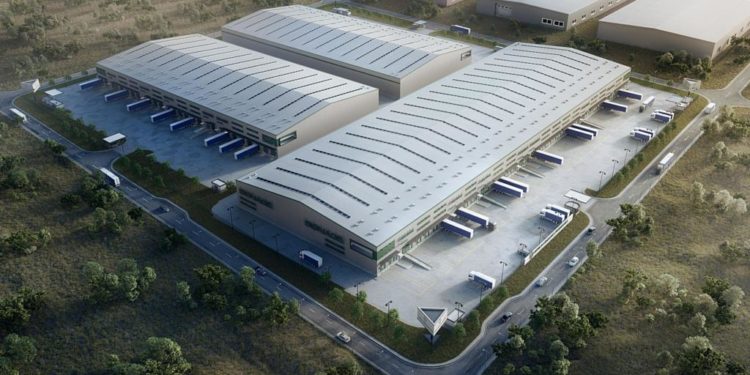For years, industrial real estate sat quietly on the sidelines of Kenya’s property market, overshadowed by the glamour of retail malls, luxury apartments, and office towers. Yet in 2025, the tide has clearly turned. The industrial and logistics segment has awakened, rapidly becoming one of the most strategic and opportunity-rich sectors in the country’s real estate landscape. What was once viewed as a dull corner of the market is now emerging as the heartbeat of Kenya’s next growth wave.
The first and most visible catalyst of this transformation is the rapid expansion of e-commerce and modern retail distribution. Consumer behaviour has shifted drastically, with online shopping and same-day delivery now driving how goods are stored, processed, and moved. This shift has redefined the spatial needs of retailers and manufacturers alike, fuelling an insatiable demand for modern logistics hubs and last-mile warehouses. Key corridors such as Athi River, Ruiru, Mlolongo, Syokimau, and Eastern Bypass are experiencing unprecedented uptake, with occupancy levels for Grade-A warehouses averaging above 80 percent. Rental rates in these prime industrial nodes now range between KSh 250 and KSh 550 per square metre per month, reflecting the rising appetite for high-quality, well-connected spaces. For developers and investors, the opportunity lies in delivering purpose-built facilities that combine efficiency, accessibility, and flexibility.
Infrastructure development is another powerful force reshaping Kenya’s industrial geography. The Nairobi Expressway, alongside upgrades on Mombasa Road and the completion of the Eastern and Southern Bypasses, has drastically improved logistics flow within the Nairobi Metropolitan Area. These projects have shortened travel times, improved connectivity between ports and inland industrial zones, and opened up new land corridors for development. Beyond Nairobi, Special Economic Zones such as Dongo Kundu near Mombasa, Tatu City in Kiambu, and Naivasha’s dry port are transforming regional logistics capacity. They offer fiscal incentives, reliable utilities, and export-oriented environments that attract both local and international manufacturers. For investors, these zones represent the next frontier—areas once peripheral are now becoming prime investment destinations.
Equally significant is the resurgence of manufacturing and the opportunities emerging from regional trade integration under the Africa Continental Free Trade Area (AfCFTA). Kenya’s push to expand its manufacturing base, coupled with improved access to regional markets, has created growing demand for scalable, high-capacity industrial parks. These facilities are increasingly designed to combine light manufacturing, warehousing, and distribution under one ecosystem, improving cost efficiency and export readiness. This evolution underscores the potential for integrated industrial developments where tenants and developers collaborate on customized, build-to-suit models tailored to operational needs.
From an investment perspective, industrial real estate is proving to be one of the most resilient and rewarding asset classes in Kenya’s post-pandemic market. While office and retail sectors face softening demand and tenant churn, industrial spaces are maintaining strong yields—typically between eight and twelve percent. Long-term leases, lower vacancy rates, and stable tenant profiles make this segment particularly attractive to institutional investors and development funds seeking diversification. Moreover, the combination of inflation resilience, growing land values, and the emergence of logistics as a core economic driver cements industrial real estate as a dependable pillar of long-term portfolio growth.
Looking ahead, the biggest opportunities lie in modern logistics parks with advanced design standards, sustainable materials, and energy-efficient systems. Cold storage facilities and agro-logistics hubs are also rising in prominence as Kenya’s agricultural exports expand and food supply chains modernize. Similarly, last-mile distribution centres near Nairobi and Mombasa are gaining traction as delivery networks evolve to meet the expectations of a digital consumer base. These trends underscore a broader truth: as Kenya continues to urbanize, digitize, and industrialize, the demand for efficient, well-located, and technologically equipped industrial space will only intensify.
The awakening of Kenya’s industrial real estate is more than a market trend—it’s a structural shift. It reflects the country’s ambition to position itself as a regional trade and manufacturing hub, underpinned by infrastructure, innovation, and investor confidence. For those with foresight, this is not just another asset class but a long-term opportunity to participate in building the logistical backbone of Kenya’s next phase of economic transformation. The industrial future is not just coming—it is already here.















